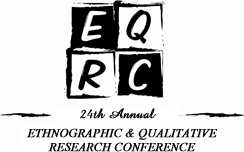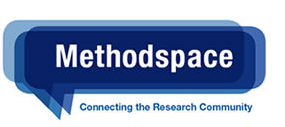Some would say that IRB’s already regulate more research than is necessary, showing little appreciation for the distinction between and undergraduates interviewing their grandparents for an oral history project and life and death medical interventions. Changes to the Common Rule, the first in decades, are being considered and have the potential to limit what is now publicly available data and to extend the notion of informed consent to perhaps ever sillier lengths. A summary of the changes can be found in this NYT article. Many scholars and scholarly associations are weighing in on the issues. The American History Association argues that its work should be excluded based on:
a. That oral history research focuses on eliciting information about the particular experiences of the past, and suffers irreparable harm when forced into rubrics developed to treat human beings in a general (or “generalizable”) way by engaging them in tests, trials, or medical procedures;
b. That the methodology of oral history research is built on a free and open dialogue with the interviewee, and cannot be reviewed or assessed in the structured or systematic framework of an IRB;
c. That the proposed “excused” category does not address our concerns, because it keeps oral history tied into inappropriate frameworks of the sciences and would add the further burden of rules designed to prevent “information risk”;
d. That this is not a simple plea to be free of all professional standards. The AHA endorsed the Oral History Association’s Statement of Principles and Best Practices and maintains its own Statement on Professional Standards because we believe history work should be conducted in a rigorous and professional way, but our standards are organized and applied in ways that are fundamentally different from the scientific procedures and criteria administered by IRBs.
IRBs are already the panopticon for scholarly inquiry and the skepticism about the reasons for increased surveillance in research, especially research that is no/low risk, should lead us to consider the extent to which observation and regulation of research is more about normalization and less about ethical research practice.
 Follow
Follow



